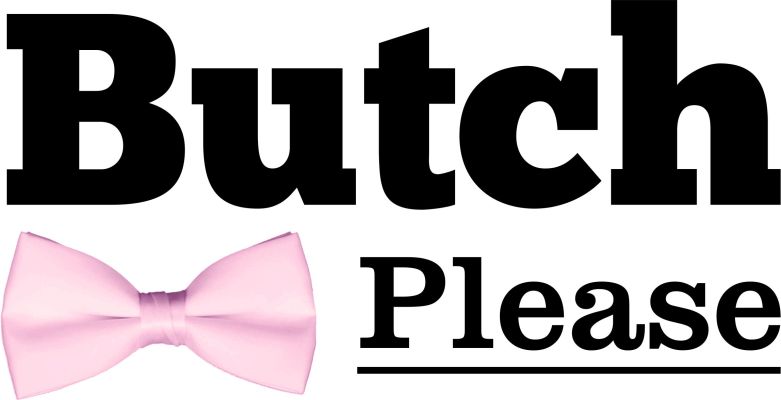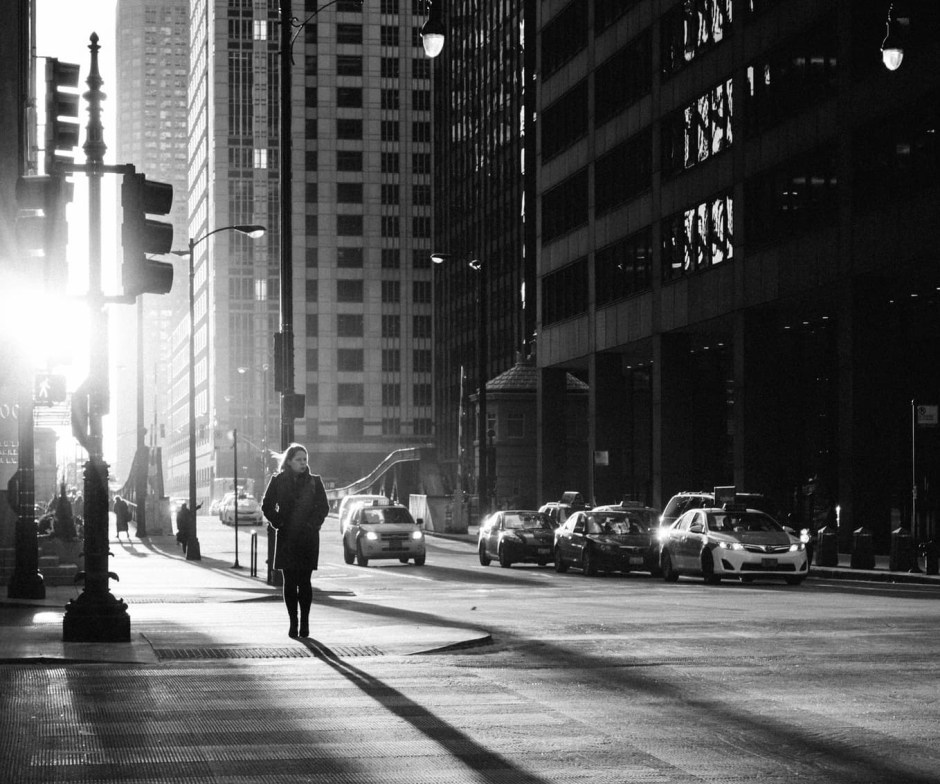Guest post by Kristi.
When I was eleven, my best friend, Jane*, and I—both assigned female and sticking with it—spent our summers acting out the adventures of two characters we’d created. We rode our bikes around our neighborhood, shouting to each other what our characters were saying and doing. We fought and killed all the bad guys we stole shamelessly from our favorite TV shows. Our characters were elves who fought wizards and used magic; it was more or less cute, childish LARPing. The whole thing was the best send-up of the fantasy genre two children could improvise, and the stories always followed an unambitious pattern: travel together, see cool places, fight monsters, retire to a lake (Jane’s pool).
At some point, though, the story changed. I’d started experiencing non-platonic attraction to my female friend, and it bled into our shared fiction. My feelings were confusing, but I was young and hormonal; I not-so-subtly manipulated the story in favor of our characters sharing a kiss.
After a few days of my character (definitely not actually me) flirting with and waxing poetic about her character (definitely not actually her), Jane paused the story. She looked uncomfortable as I stared at her from across the street, feeling nervous and slightly giddy–were we gonna talk about this? She brooded with her head of long blonde hair cocked to the side, blue eyes averted. Eventually, judiciously, she told me, “It’s not your fault they fell in love. It just happened. Let’s start over.”
It was, of course, very much my intent to have our proxies fall for each other. I couldn’t express or even understand the experience of wanting another girl, but my new hormones and I knew I wanted to kiss Jane. I grew up with heteronormative surroundings; men and women in my books fell in love all the time, but the idea that I could have powerful, even sexual, feelings for another female was completely foreign. I’d been blindsided, and her even-handed separation of the characters we’d created from the reality of our two feminine bodies shamed me. I felt defective in my inability to do the same, and shoved all of my burgeoning sexual desire down.
I know that this story—“I fell for my same-sex friend but masked it in play and internalized those feelings as bad upon rejection”—is a trope in the queer canon. But it does illustrate my point: our inner “compass” of sexuality and gender identity can be different from the way we’re socialized to behave, or the way we choose to appear. In my story, I was naturally attracted to another girl, but her rejection merged with my upbringing to make me ashamed of my budding queerness. As a community, queer people must work to recognize gender and sexuality as guidance for our inner lives as well as the external performance of desires and roles we tend to think of.
I’m twenty-four now, and I’m out as pansexual and genderfluid. After my experience with Jane (and many similar ones), it took several college-level Critical Race and Gender Studies courses to accept that what I’d repressed then wasn’t a fluke, and certainly wasn’t wrong or bad. (I say this as someone who’s always been very progressive. The internalized-queerphobia is real.) Once I was armed with the vocabulary to describe myself and my preferences, I started to realize that I wasn’t just an ally. My first crush was on a girl. My attraction to women was never envy; it was straight-up sexual. Then, I realized that “woman” wasn’t the most accurate term for me, and never had been.
Incidentally, I am recently engaged to a cisgendered heterosexual man whose interest in queer issues can be described as “none whatsoever.” It doesn’t matter where you and your partner are on the spectrum–the stress of wedding planning unites us. But if you are queer, especially a queer whose identity is difficult to “perform,” it can get worse: relatives from both families assume that I, as the “female” in our heterosexual-seeming relationship, will enthusiastically plan every detail and dream of a frilly dress. I’m similarly pretty sure it isn’t a stretch to say that my fiance wants his bride to look, well, female. But I’m not female, and by prescribing my behavior for my own wedding, the loved ones I’m out to are actively dropping me into a role I’m uncomfortable with. It makes me instinctively flinch towards my queerness: I want to dress masc for the reception. I want to wear a tie. I’m not growing my undercut out for the wedding. I feel like I have something to prove. If I have to negotiate my queerness, do I even deserve to be called queer?
This is Imposter Syndrome.
People who do not act like or appear to fall into accepted queer identities–those who fail to perform the spectrum–are pigeonholed as straight or cis (or gay or trans). A well-known example of this phenomenon is bi- or pan erasure, where a person who identifies as pan/bisexual is pushed to choose one gender preference or the other based on whom she’s currently partnered with. That kind of social pressure to sacrifice your identity can make you feel like a “lesser than” queer: an imposter.
Imposter Syndrome is a huge problem for queer people who are occasionally attracted to the opposite sex/gender, or who do occasionally present as the gender they were assigned. Some of this is because we tend to view gender and sexuality as performative only. I almost agree: gender, as a psychic construct separate from our physical bodies, is literally worn on the sleeve. But Western culture likes its dichotomies, and if concepts can’t be easily reduced to a common category (male and female), they’re ignored.
We forget that gender identity is intangible, and that the ability to perform gender outside of the binary is a type of privilege. Having grown up in a conservative region, I’m still wary about presenting masculine or androgynous–though I feel closest to androgyny on most days. Being engaged to a straight cisgender man complicates my insecurity: he’s attracted to feminine women. It’s difficult enough that “wholly female” is not a thing that I am–to also show that truth explicitly by expressing masculine, I fear, risks my relationship as well as my personal safety.
Despite all that, I know myself to be queer. Queerness isn’t a result of the people we sleep with or the way we dress; performativity is one part of a complex equation involving desire, self-identification, and personal experience. Yet we as people, both queer and not, often use performance like it’s reliable shorthand for the whole person. Queers should understand that as archaic, harmful thinking. Our identities are complex, dynamic, and not to be subject to society’s standards or the mainstream LGBT community’s gatekeeping efforts. Queerness doesn’t cease to exist when being queer is inconvenient. Gender and sexuality persist internally, even if we marry a man; if we pretend we don’t desire the Janes in our world; if we’re afraid to dress our identities. The queer community must not contribute to erasure of these people–our less-performative kin.
*Not her real name.
Author



I hear you! I definitely felt this way when I first entered the queer community and was still dating a man when surrounded by lesbians. I felt afraid to bring up my boyfriend of the time, for fear of being shamed or “outed as straight”. Now I feel like I have left the bisexual community having “picked a side”. Even I have to remind myself sometimes that my bisexuality does not straighten out or gay up based on my partner.
LikeLiked by 1 person
As a lesbian who “looks straight” I am very familiar with imposter syndrome. Everybody assumes I am heterosexual; I could be wearing flannel, doc martins and draped in a rainbow flag and people would still ask me what my ‘husband’ does for a living. Uh– I have a wife! I’m gay, duh! It is what pushed me to cut my hair when I first came out but actually I learned that I like long hair and that I am happier and more comfortable with long hair. IDK if an undercut would be a good idea but nevertheless I shouldn’t have to change my appearance to be “accepted” in the lgbtq+ community. The crazy thing is that I’m not even that femme-y and rarely wear make-up. But yeah I don’t know who is feeling accepted in the lgbtq+ community but it ain’t lesbians (who complain of erasure). Bisexuals and pansexuals also complain of erasure and say they don’t feel welcome either. I know a lot of black gay and queer people have written about how they don’t feel welcome at Pride events (due to the presence of the NYPD) so is it just a (white) gay man organization then? Just a theory.
LikeLike
I struggle with this all the time. I’m not even entirely sure of my identity on a regular day, and then I go and question it. I was lucky enough to have a mother who is here for me no matter what, she never pressured me to put a label on it, and just supported me. But others aren’t so forgiving, I currently identify as genderfluid and queer, I’m more attracted to women than men, and am still unsure if I like men at all. I feel like a fake all the time and question if I’m just straight.
LikeLike